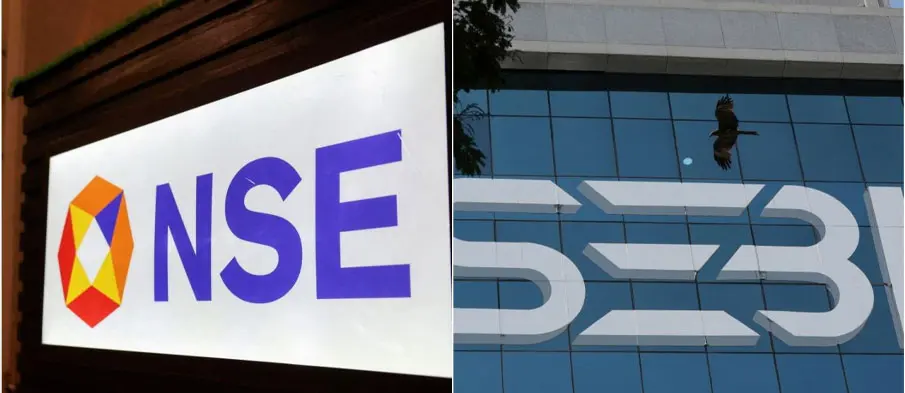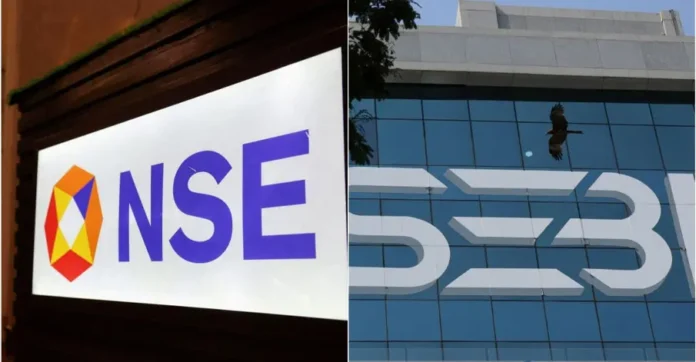
The National Stock Exchange of India (NSE) has proposed a ₹13.88 billion (~$160 million) settlement to the Securities and Exchange Board of India (SEBI) in a bid to resolve a long-standing regulatory dispute and pave the way for its long-pending initial public offering, according to three people familiar with the matter.
If accepted, the amount would mark the largest settlement in SEBI’s history, signaling a major step forward in one of India’s most high-profile corporate legal battles.
The dispute stems from a 2019 SEBI order that penalized NSE ₹11 billion for allegedly failing to ensure equal trading access to all market participants — a charge the exchange has challenged in court. Despite the court later setting aside parts of the order, SEBI appealed the decision to the Supreme Court, stalling any progress on the exchange’s listing ambitions.
According to two sources, settlement discussions are ongoing, with both sides considering an out-of-court resolution. The deal, if finalized and approved by the top court, could allow SEBI to issue a “no-objection certificate” for NSE’s IPO within the next three months.
“If all goes as per expected timelines, NSE’s IPO could hit the markets before May next year,” said one of the individuals involved in the talks.
The NSE, headquartered in Mumbai, has been attempting to go public since 2016, largely to facilitate exits for several of its major shareholders. These include Life Insurance Corporation of India (10.72%), State Bank of India (7.76%), Morgan Stanley (1.58%), and the Canada Pension Plan Investment Board (1.60%).
Its main domestic competitor, BSE Ltd, successfully listed in 2017.
Sources added that SEBI is currently conducting a final inspection of NSE’s internal systems and governance processes before clearing the path for an IPO. Earlier this year, the regulator flagged concerns regarding management appointments, remuneration policies, the absence of a board chairperson, and technology infrastructure gaps.
Both NSE and SEBI declined to comment on the ongoing discussions. The sources requested anonymity as they were not authorized to speak publicly.
Once SEBI grants approval, the settlement will still require a green light from India’s Supreme Court, two of the sources confirmed — a final hurdle that could determine the timeline of one of the country’s most anticipated public listings.





